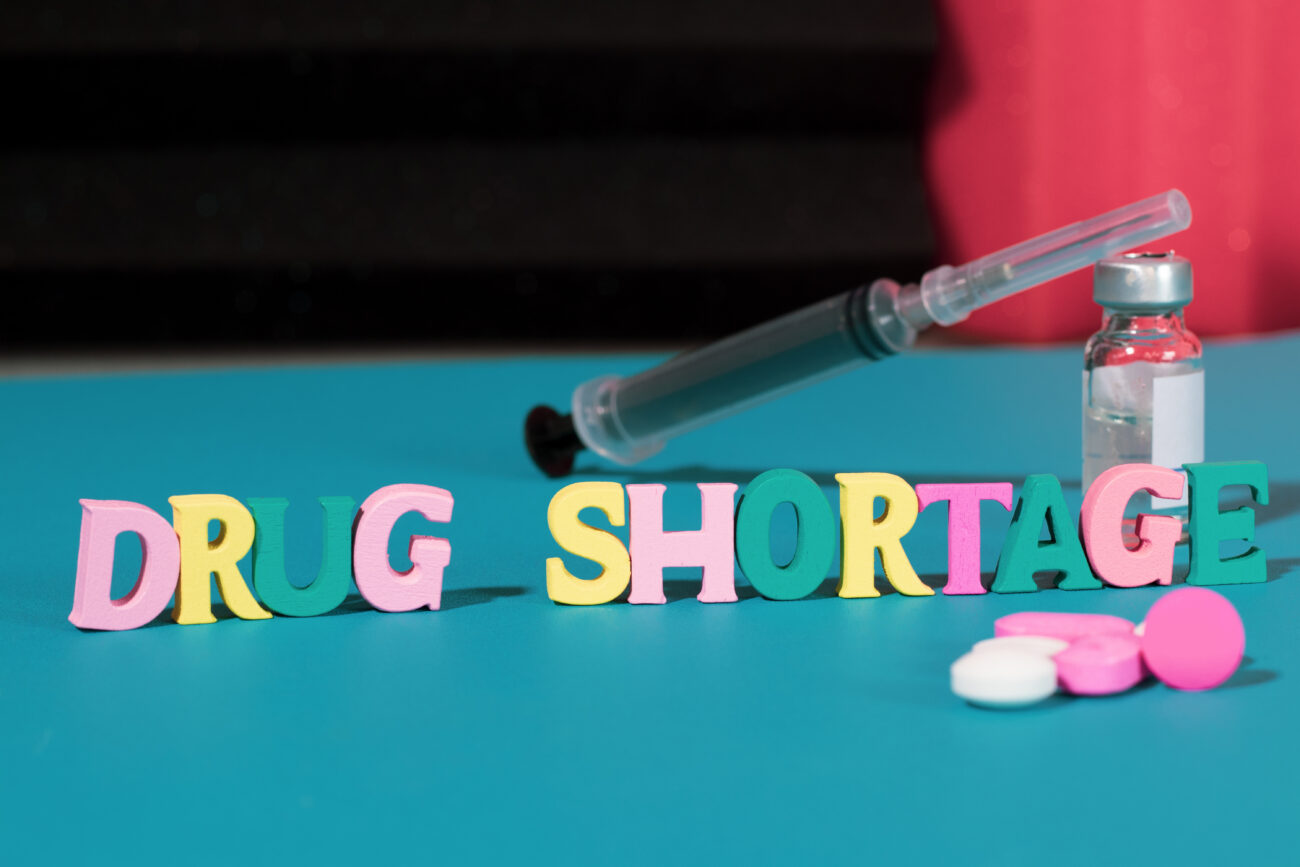Pharma M&A in 2025: Is Bigger Always Better?
The pharmaceutical industry has long witnessed waves of mergers and acquisitions (M&A), each reshaping the competitive landscape and sparking debates around innovation, efficiency, and patient outcomes. In 2025, this trend continues with renewed vigor, as

The pharmaceutical industry has long witnessed waves of mergers and acquisitions (M&A), each reshaping the competitive landscape and sparking debates around innovation, efficiency, and patient outcomes. In 2025, this trend continues with renewed vigor, as Big Pharma hunts for strategic deals to secure pipeline assets, gain technological advantages, and mitigate patent cliffs. But amid the frenzy, a critical question looms: is bigger truly better?
The Surge of Strategic Consolidation
Several blockbuster deals have dominated headlines in 2025. Pharma giants are acquiring biotech startups for their cutting-edge therapies in oncology, gene editing, and mRNA technologies. Meanwhile, mid-sized firms are merging to bolster bargaining power and global reach. According to industry analysts, the total value of pharma M&A activity in the first half of 2025 surpassed $300 billion—a record-setting pace.
Driving this surge are several strategic imperatives:
- Patent Expirations: Blockbuster drugs with billions in annual revenue are losing exclusivity, prompting companies to replenish their pipelines rapidly.
- Technological Integration: AI-driven drug discovery, precision medicine platforms, and digital therapeutics are increasingly attractive targets.
- Global Expansion: Firms seek access to emerging markets and diverse regulatory environments to fuel future growth.
Benefits of Going Big
Supporters of large-scale M&A argue that consolidation leads to:
- R&D Synergies: Combining research portfolios can accelerate development timelines and reduce duplication.
- Cost Efficiencies: Larger firms can streamline operations, negotiate better with suppliers, and achieve economies of scale.
- Market Power: Merged entities often enjoy enhanced leverage with payers, regulators, and distribution channels.
For example, a major 2025 merger between two oncology-focused firms promises to fast-track late-stage immunotherapies and expand global access through shared infrastructure.
The Risks Beneath the Surface
However, the downside of mega-mergers is becoming harder to ignore:
- Innovation Stagnation: Research shows that overly large organizations can become bureaucratic, risk-averse, and less agile—especially when smaller acquired teams are absorbed or disbanded.
- Cultural Clashes: Integration challenges frequently lead to talent attrition and project delays.
- Regulatory Scrutiny: Antitrust regulators in the US, EU, and Asia are now more aggressive in challenging deals that could stifle competition or inflate drug prices.
In 2025, several proposed mergers have already been blocked or delayed due to concerns about monopolistic practices or negative impacts on patient access.
Rethinking M&A: Quality Over Quantity
A new wave of dealmaking philosophy is emerging—one that values fit over size. Rather than chasing scale for its own sake, savvy pharma leaders are pursuing:
- Targeted Acquisitions: Focusing on startups with niche expertise or high-potential assets.
- Platform Plays: Acquiring AI tools, digital health platforms, or manufacturing innovations that can be scaled across portfolios.
- Partnership Models: Engaging in co-development and equity partnerships rather than outright acquisitions, preserving autonomy and innovation speed.
Notably, some of the most successful moves in 2025 are not the biggest in size, but the smartest in strategy.
Looking Ahead
As pharma continues its M&A streak through 2025, the industry must confront a fundamental reality: scale is not a substitute for strategy. While large deals may offer short-term gains, sustainable value will come from thoughtful integration, a focus on innovation, and an unwavering commitment to patient outcomes.
Ultimately, the winners in this high-stakes game won’t be those who simply get bigger—but those who get better.






